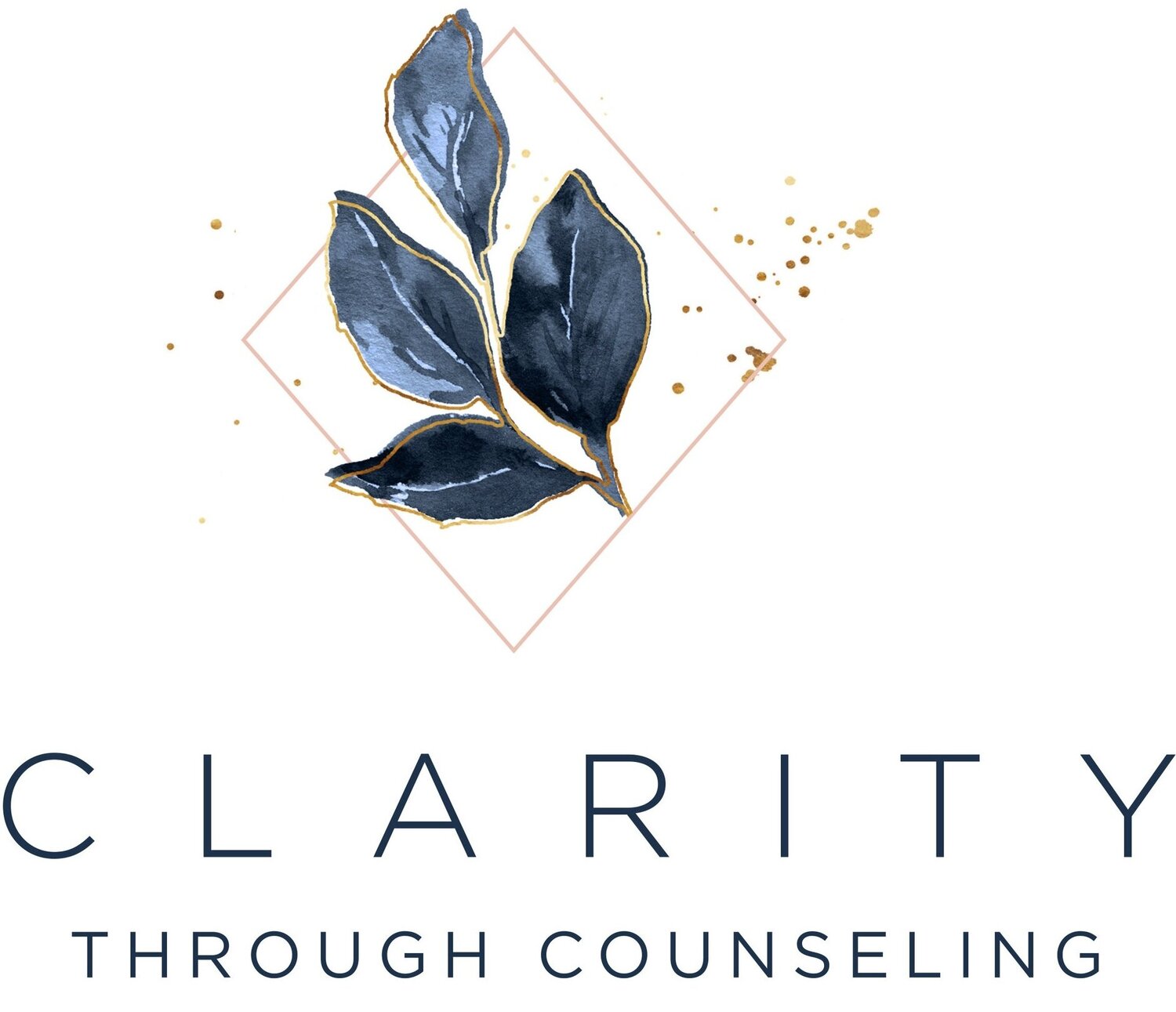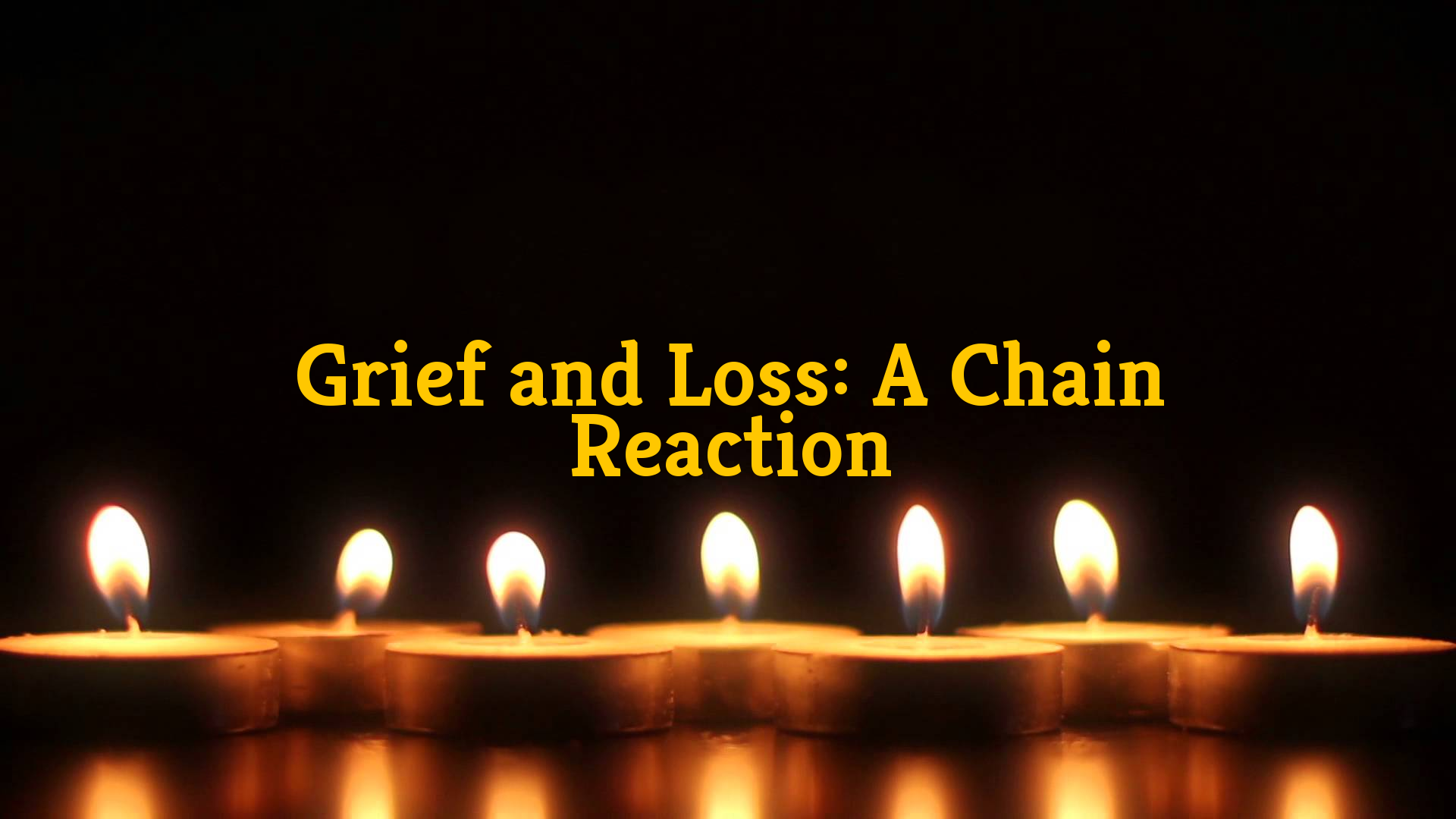Grief and Loss: A Chain Reaction
Since we are now in the midst of the holiday season, it seems important to acknowledge that this can be a tough time for some people. Grief can come in many forms and can affect people differently. Some forms of loss may include:
· Death of a friend or loved one
· Serious illness of a friend or loved one
· Illness/loss of health
· Relationship breakup
· Loss or change of job
· Parents’ divorce
· Moving
· Death of a pet
· Graduating from school
· Loss of physical ability
· Loss of financial security
· Loss of safety
· Retirement
· Neonatal loss
With every primary loss comes secondary losses as well. These secondary losses come as a result of the primary loss, though they can be just as difficult and intense. For example, when someone’s parents’ divorce, the loss of the family unit is the primary loss, but the secondary losses may include: loss of trust in either or both parents, loss of a place to call “home”, loss of future events such as bringing their own child to grandparents’ house, loss of holidays as a family unit, and loss of trust that marriages can be successful. These are just a few secondary losses that someone can experience, and sometimes the secondary losses can occur later than the initial event. For example, if someone parents’ divorce, they may not experience that secondary loss until the holidays come around, or until they start a family of their own and notice the absence of the grandparents as a unit.
Here are some helpful tips to manage grief:
1. Engaging in traditions that make you feel fulfilled.
2. Allowing yourself to mourn the loss and/or secondary losses instead of pretending they are not there. It is usually helpful to put a time limit on this so that it does not consume your entire day.
3. Connect with people within your support network. If a support system is not yet established, this can be done through support groups, meetups, or local classes that interest you.
4. Come up with a “safety pan” to refer to when you start to feel overwhelmed with the loss. This can include activities that you enjoy, and a list of people to contact.
Therapy can be helpful at any stage of grief, and can assist in providing a place to explore both primary and secondary losses.

